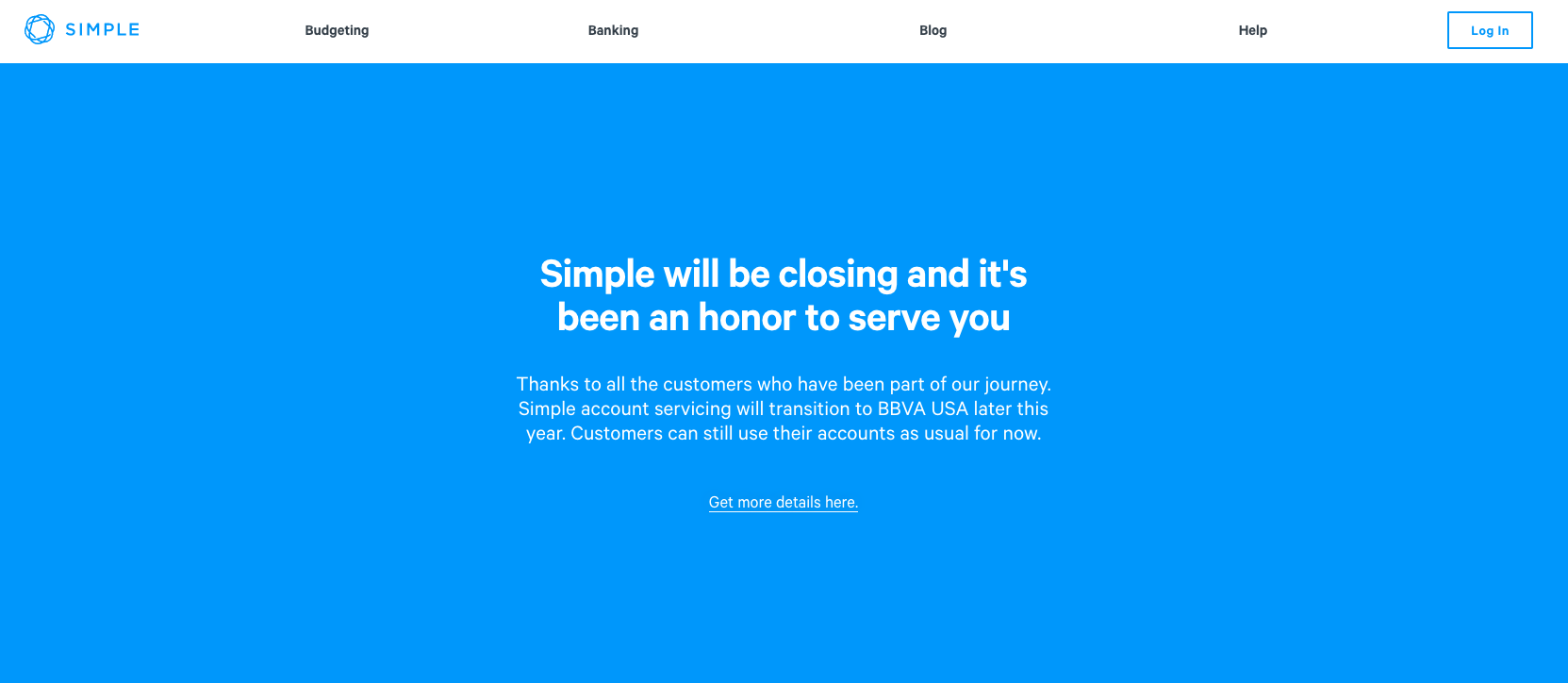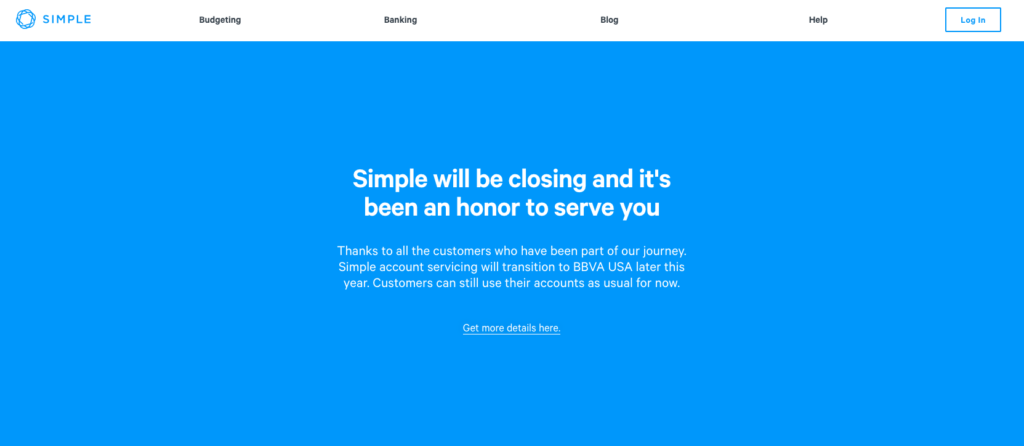
You’ve finally perfected your digital transformation strategy that was accelerated because of 2020’s global pandemic. What should you focus on now? Here’s an idea: stablecoin transactions.
The U.S. Office of the Comptroller of the Currency (OCC) last week published Interpretive Letter 1174 detailing that banks may use stablecoins and independent node verification networks (INVNs) to facilitate payments for customers. That is to say, banks can transfer stablecoins to other banks.
To catch you up to speed, INVS are distributed ledgers. And stablecoins are a type of cryptocurrency that minimize volatility by pegging their value to an external factor.
There are a few key things this means for traditional financial institutions.
Transactions become decentralized
Stablecoin transactions are essentially decentralized cryptocurrency transactions. Because of this, they enable banks to send and receive money without a government intermediary.
Faster payments
Stablecoin transactions do not rely on traditional payments rails, rather, they utilize public blockchains. Because of this, stablecoins, just like other cryptocurrencies can be transferred in near-real time from one party to the next.
On 24/7
Once again citing freedom from traditional payment rails, because stablecoin transactions occur outside of the traditional payments infrastructure– and because they occur instantly– they can essentially be made at any time, including on the weekends and holidays.
Compliance is still on the table
According to the letter, stablecoin transactions, “should have the capability to obtain and verify the identity of all transacting parties, including those using unhosted wallets.” So banks are still responsible to adhere to KYC guidelines.
Additionally, banks using stablecoin transactions are responsible for managing the multiple risks associated with cryptocurrency transactions. Per the letter, “The stablecoin arrangement should have appropriate systems, controls, and practices in place to manage these risks, including to safeguard reserve assets. Strong reserve management practices include ensuring a 1:1 reserve ratio and adequate financial resources to absorb losses and meet liquidity needs.”
This is positive news not only because it offers banks more options, but also because it serves as a signal that the OCC and the Acting Comptroller of the Currency Brian Brooks are bullish on cryptocurrencies.
Pay attention to the cryptocurrency/stablecoin sector this year. We’re expecting to see significant developments in the decentralized finance area, and banks’ involvement in initial cryptocurrency efforts will be crucial. There will be little-to-no room for laggards in this space.
Photo by pixabay.com from Pexels






















